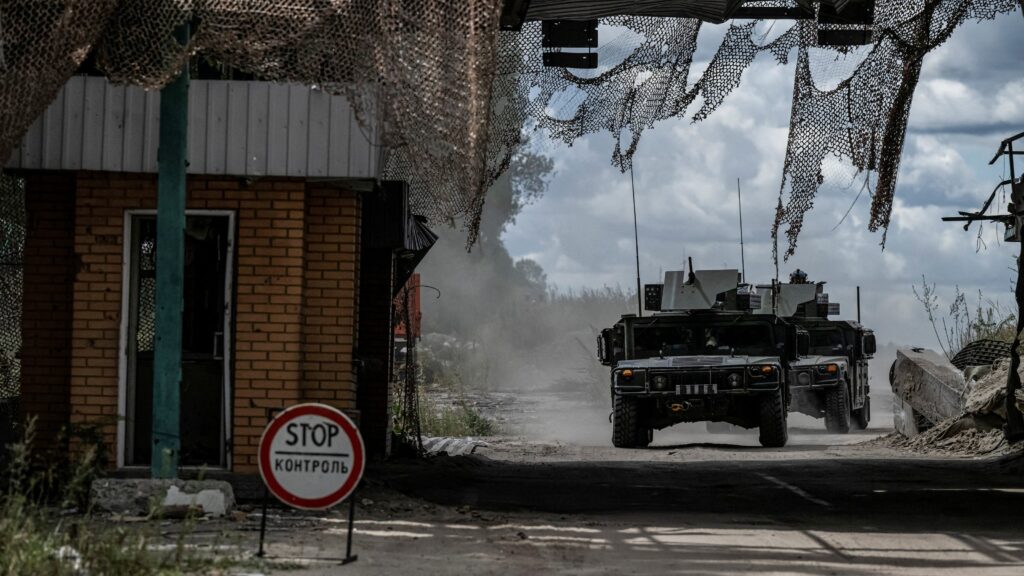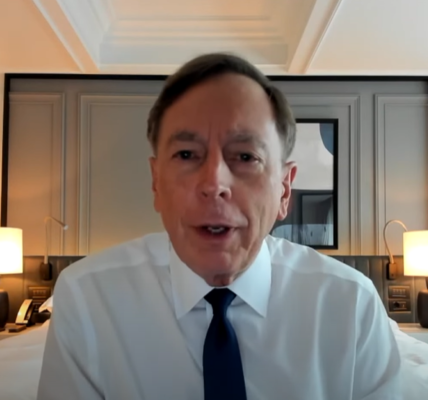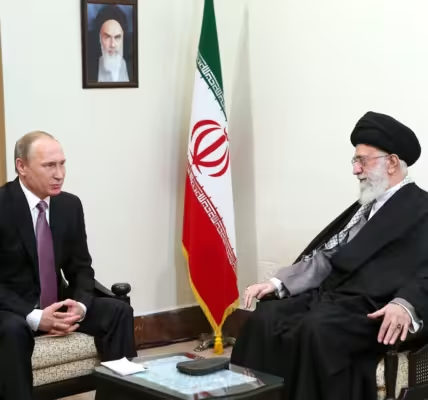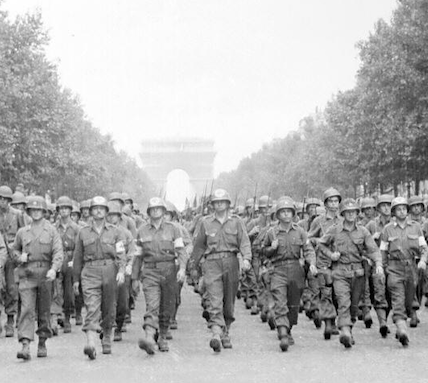Why Ukraine entered Russia: Shifting the narrative, demonstrating strength, negotiation leverage

Ukraine’s surprise incursion into Russia aimed to change the narrative, demonstrate that its armed forces can achieve victories, and allow President Volodymyr Zelensky to negotiate with Russia from a position of strength. This is according to Ukrainian expert, Professor Olexiy Haran from the University of Kyiv-Mohyla Academy.
Ukraine flipped the script on Russian President Vladimir Putin when its armed forces launched a surprise cross-border assault into Russia, marking a shift in tactics for Kyiv after more than two years of war.
Ukrainian troops advanced 30 km into the Russian region of Kursk, leading to the evacuation of almost 200,000 people from border districts.
Russian President Putin appeared to be caught on the back foot, which seemed to puncture the official narrative that Russia was steadily heading toward victory.
While Ukrainian officials and commanders have not commented on the strategy, Prof. Haran highlighted three reasons for the incursion in an interview with National Security News. According to him, Ukraine wanted to “change the narrative” and show that it can achieve victories.
“For the past year, Ukraine has been on the defensive while Russia has pursued an offensive strategy. Although the Russian advance hasn’t been as swift or effective as they expected, their tactics have involved sacrificing soldiers to achieve slow progress. That has been their strategy—sending more and more people to die,” Prof. Haran explained.
Ukraine demonstrated its military power in 2022, but that 2023 has been particularly challenging due to a lack of Western supplies, he said.
The aim of the incursion, according to Prof. Haran was not to occupy Russian territory.
“We don’t need Russian territories. We don’t need to seize the Kursk nuclear power station, unlike what Putin did with Chernobyl and the Zaporizhzhia nuclear plant in Ukraine,” he said.
The incursion into Russia is “definitely a blow to Putin’s image” according to Prof. Haran.
It has changed the narrative, he said. “The narrative changed because everybody’s talking about the fact that Russia cannot close its borders.”
He acknowledged the possibility of Russian counterattacks, given their significant ammunition reserves, which could alter the situation. However, he said, “for the time being, we are there.”
Regarding the military objectives Ukraine seeks to achieve with its incursion, Prof. Haran indicated that engaging in a “symmetrical response” with Russia would be detrimental, as Ukraine’s forces are smaller and “we value our soldiers’ lives more, given our democratic values.”
In contrast, he said Russia’s only tactic has been to throw more soldiers into the conflict.
For this reason, Prof. Haran emphasised, Zelensky’s forces need “asymmetrical tactics,” such as drone attacks on Russian military bases, which have proven to be effective. The goal is to divert Russian reserves away from the Eastern Front and the Donbas, which are Ukraine’s primary areas of concern.
The third reason for the incursion is the potential for negotiations with Russia.
“It’s hard to predict when or how these discussions might happen, but it’s crucial to approach them from a position of strength rather than accepting Russian terms for peace — terms that imply Ukraine’s territories are deemed part of Russia,” he said.
Prof. Haran remarked that it was hard to predict if and when Ukraine will withdraw from Russia’s territories.
“Much depends on military resources available to Russia in the Kursk region and the changing dynamics on the battlefield,” he said.
“While we currently control parts of the region, it’s significant that Ukraine has conducted substantial operations within Russia, marking an important shift.”


































































































































































































































































































